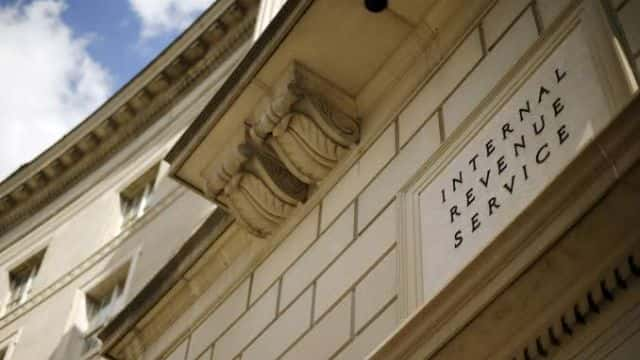The Internal Revenue Service is reminding the estimated 19 million taxpayers who requested an extension to file their 2021 tax return that they do not have to wait until mid-October to file.
If a taxpayer has all of the information needed to file an accurate return, they can file electronically at any time before the October deadline, avoiding a last-minute rush to file.
Taxpayers who requested an extension to file an accurate return have until Oct. 17, 2022. Those who have everything they need to file should do so as soon as possible to avoid delays in processing their return.
Most tax questions can be answered online or by phone. The IRS.gov website offers free and simple online tools and resources to help taxpayers get answers 24 hours a day, seven days a week.
Voice bots assist callers in navigating interactive voice responses to simple payment or notice questions, as well as quickly get answers to Frequently Asked Questions.
The Interactive Tax Assistant is a tool that provides answers to several tax law questions based on input.
It can determine whether a person is required to file a tax return, their filing status, whether they can claim a dependent, whether a type of income is taxable, and whether they are eligible to claim a credit or deduct certain expenses.
Alternatives For Electronic Filing
Individuals who still need to file a 2021 tax return are advised by the IRS to do so electronically and if due a refund, to choose direct deposit.
Filing electronically is quick, accurate, and secure, and when an individual chooses direct deposit, their refund is deposited directly from the IRS into their bank or financial account, allowing them to receive their refund as soon as possible.
If they have a prepaid debit card, they may be able to have their refund applied to the card by providing the IRS with the account and routing number.
The IRS processes most e-filed returns and issues direct deposit refunds in less than 21 days.

Individuals who qualify can use the IRS Free File program to prepare and file their 2021 federal tax returns for free.
Taxpayers can select the brand-name tax preparation software company that is best for them. Some even provide free state tax return preparation.
Those who earned more than $73,000 can use the IRS Free File Fillable Forms.
Miltex online software is also available for members of the military and certain veterans, regardless of income.
This software is available from the Department of Defense. Miltex allows eligible taxpayers to prepare and electronically file their federal tax returns, as well as up to three state returns, for free.
Volunteer Income Tax Assistance
The IRS’s Volunteer Income Tax Assistance (VITA) program provides free basic tax return preparation to people earning $58,000 or less, as well as people with disabilities or limited English proficiency.
While the majority of these sites are only open until the end of the filing season, taxpayers can use the VITA Site Locator tool to see if a community-based site staffed by IRS-trained and certified volunteers is still open near them.
Tax Professionals
Tax return preparers of various types, including certified public accountants, enrolled agents, attorneys, and others without a professional credential, can also assist.
Taxpayers should make an informed decision when hiring a tax preparer. Individuals who need assistance with their taxes can use the IRS online directory to locate a tax professional in their area.
The IRS sends correspondence to a taxpayer’s last known address, which is usually the address on their most recently filed tax return.
If the taxpayer moves and does not notify the IRS of their new address, they may not receive an IRS notice and may miss the deadline to respond.
There is no penalty for failing to file a return if due a refund, but there is no statute of limitations for assessing and collecting taxes owed if no return is filed.
Read more:-
- Turbotax, Intuit Inc., Has Reached an Agreement With Tennessee
- Crypto is Getting a Glimpse of the Us Economy
- The Irs Has Issued Letter 5699 for the 2020 Tax Year.
Interest is charged on any tax not paid by the April due date and will accrue until paid in full.
Individual taxpayers are charged the federal short-term interest rate plus 3 percentage points, currently 5% per year, compounded daily. Penalties will be assessed for each month the tax remains unpaid, up to a maximum of 25% of the unpaid tax.
Submitting a tax return and paying any amount owed as soon as possible can help taxpayers avoid additional interest and penalties.
Taxpayers who owe money can review their payment options online. These include paying taxes through an Online Account with IRS Direct Pay or by debit card, credit card, or digital wallet. If you are unable to pay your taxes, you can apply for a payment plan on IRS.gov.


